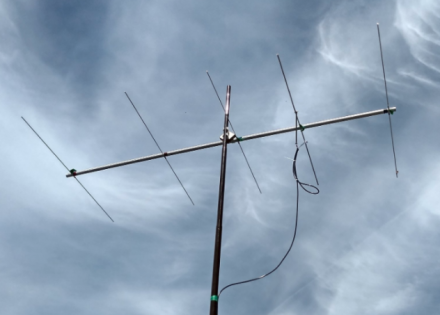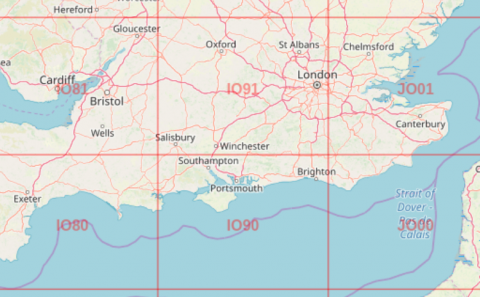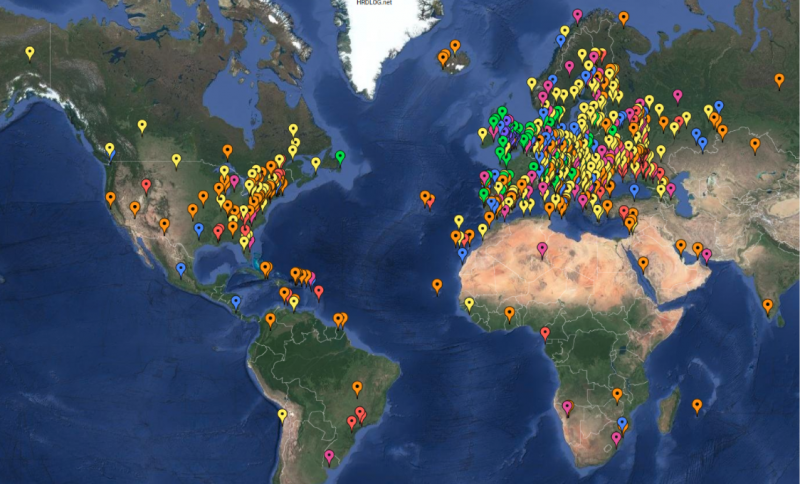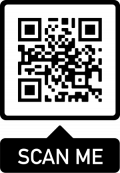Table of Contents
What on Earth are you doing?
 If you're reading this, chances are that you've bumped into me out doing my hobby of Amateur Radio a.k.a. “ham radio”. I might be taking part in a radio contest, up on top of a hill or by the coastline to get a good take-off for radio signals, or I might be just enjoying some time playing with radios and antennas.
If you're reading this, chances are that you've bumped into me out doing my hobby of Amateur Radio a.k.a. “ham radio”. I might be taking part in a radio contest, up on top of a hill or by the coastline to get a good take-off for radio signals, or I might be just enjoying some time playing with radios and antennas.
Sorry if I’m busy… but stick around if you like!
I’d love to answer any questions you’ve got but I might not be able to respond immediately. If I haven’t got a chance to talk right now it’s probably because I’m in the middle of talking with someone else on the radio who might be in a distant country… or I might be listening to/ tapping out Morse code which takes a bit of concentration! Yes, it seems a bit antiquated but Morse code is still a really effective way of squeezing the most distance out of radio and equipment for Morse code can be simple to build too.
What are they saying? Who are they talking to?
 If I’m using a voice radio you might hear me talking a stream of letters (in the phonetic alphabet, Alpha, Bravo, Charlie, etc.) and numbers that sounds like nonsense. I’m probably in contact with someone like me on another hilltop. In a radio contest people are trying to contact as many different stations in a certain amount of time and scores might be given for both the quantity and the distance of contacts. The letters and numbers I’ll be saying are usually my callsign (<insert own callsign>), a signal report for the other operator to know how well they are being received (very often “Five and Nine” for a good strong signal) and my location as a Maidenhead grid reference (e.g. India Oscar Nine Zero November Whisky (IO90NW)).
If I’m using a voice radio you might hear me talking a stream of letters (in the phonetic alphabet, Alpha, Bravo, Charlie, etc.) and numbers that sounds like nonsense. I’m probably in contact with someone like me on another hilltop. In a radio contest people are trying to contact as many different stations in a certain amount of time and scores might be given for both the quantity and the distance of contacts. The letters and numbers I’ll be saying are usually my callsign (<insert own callsign>), a signal report for the other operator to know how well they are being received (very often “Five and Nine” for a good strong signal) and my location as a Maidenhead grid reference (e.g. India Oscar Nine Zero November Whisky (IO90NW)).
Ham radio? Does anyone still do that?
Yes! It's a common belief that ham radio died with the birth of the Internet but that simply provides people with an interest in radio technology a great way of sharing information and learning new stuff. The magic of radio hasn’t gone away!
And it’s relevant too. Wireless communication is everywhere in the modern world (you have a mobile phone, right? Wifi, Bluetooth too? all radio…). Amateur Radio can provide a training ground from the basics of how radio works through to modern techniques such as software-defined radio/modem design and RF engineering. For young people, an interest in playing with radio and electronics often leads into exciting technical careers (that’s what happened to me) and this hobby is a great way to demonstrate that interest to employers.
Amateur Radio has many aspects like using radios to communicate around the world, building and modifying equipment, Morse code, satellites, computing, learning new skills and much more - even bouncing signals off the moon! At the heart of my hobby, when I get a chance to play, I just really like putting pins in the map! As an example, here’s a snapshot of my map of contacts I’ve made:
Interested?
Want to find out some more? Have a search around the Internet with terms like “ham radio”, “portable” and “contest”. There are local clubs around the country (e.g. search “hampshire amateur radio club”) and have a look at the Radio Society of Great Britain website www.rsgb.org where there is some good introductory information and videos.
Come and visit our Community at oarc.uk and join us on our Discord Server.
Thanks for stopping and have a great day! 
The idea of this page came from Andy G7UHN on this Tweet, and permission was sought! What on Earth is this guy doing

